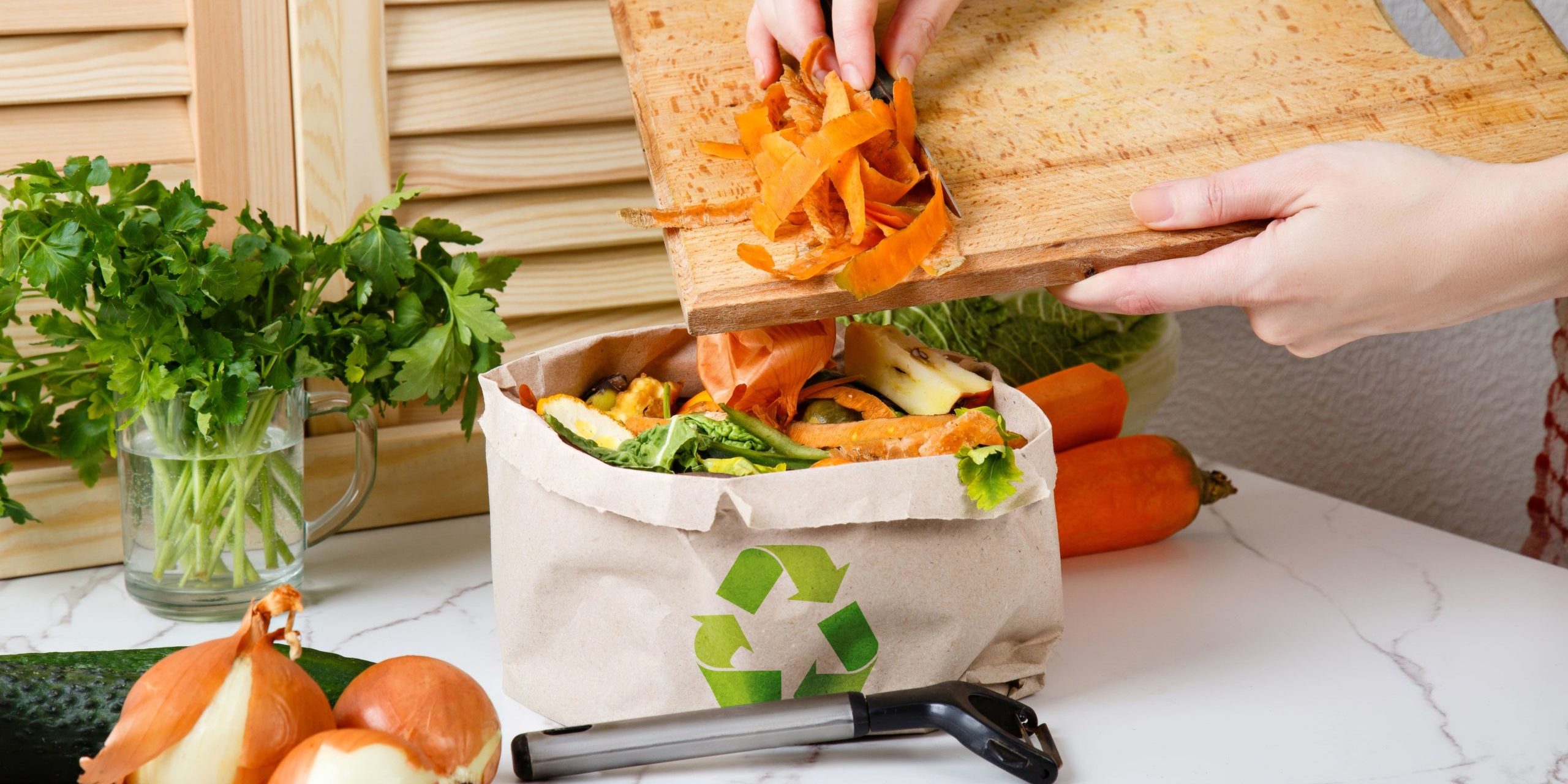- Christmas is the time of the year when most food is wasted; it is estimated that 20% of what we buy ends up in the trash.
- This is a serious ethical, socioeconomic and environmental problem that also has a negative impact on our health.
New regulations in our country, a Royal Decree on the Requirements for the Production and Marketing of food products in retail establishments, some related to the fight against food wastage, as well as the new Law on Prevention of Food Losses and Waste, aim to tackle it, but only the awareness of each and every one of us when it comes to managing food, can achieve this necessary objective.
Barcelona, December 19, 2022 In addition to the obvious injustice of throwing away food while more than 800 million people go hungry around the world, food production invests economic and natural resources that are wasted and generates polluting waste, turning the wasted food itself into waste and generating an additional problem. Food wastage is a global problem with serious ethical implications and important socioeconomic and environmental repercussions that are incompatible with a minimally sustainable way of life.
As if all this were not enough, the impact of food waste on our health is threefold: on the one hand, following the premises of “One Health”, the damage to the planet caused by misusing its resources and generating pollutants has a negative impact on human health, and on the other, it has a direct impact on people’s diet, contributing both to malnutrition, due to the food insecurity it generates, and to malnutrition due to the very nature of the wasted food, mainly vegetables and fruits, which causes the diet itself to be affected.
New legislative framework
Recent regulations attempt to curb the problem of waste through certain requirements for the production and marketing of food products in retail establishments, including some related to the fight against food wastage.
A new Food Loss and Waste Prevention Act aims to involve all actors in the food chain by establishing a hierarchy of priorities with the overall aim of achieving more sustainable production and consumption and to raise awareness, train and mobilize all actors in the chain in proper food management, without prejudice to the necessary guarantees of food safety. These are some of the new developments:
- In the case of retail establishments, have sales lines with “ugly”, “imperfect” or “unaesthetic” products and incorporate and improve information on food utilization.
- Incentivize the sale of products with best-before or best-before dates in these centers through promotions.
- In bars and restaurants, offer customers, at no additional cost, the possibility of taking away food that has not been consumed on the premises.
- These establishments will also promote the flexibility of the menus, so that the consumer can choose the side dish or different sized portions.
- Encourage, in all links of the food chain, the donation of food for social purposes.
Tips to avoid wastage at Christmas time
All these measures can only be effective if they are accompanied by individual consumer awareness. At home, where much of the waste occurs, the main reasons for the generation of food waste are leftovers on the plate, poor management of storage time in the refrigerator, expired food and improper preservation of products. From the Silestone Institute we offer some tips to avoid this problem during the Christmas season:
- Carefully plan menus by checking the ingredients already available and making a shopping list according to the number of meals and diners. Buy only what you really need, sticking to the list and not making impulse purchases, preferably choosing local and seasonal products.
- Store products properly, according to the needs of each food, taking the opportunity to order and review the food, checking their expiration and best-before dates: be careful because these are very different limitations, the latter can be consumed with the date already expired.
- Serve small preparations, especially to children. Reuse leftovers, if they are produced, for the next meal or preparation, always respecting their hygiene.
- Freezing is an excellent option to extend the life of food, it is very important to label them with their name and date.
- To recover the traditional recipe book and the recipes of use as a tool of use.
May the only thing left over this Christmas season be the desire to fight against food waste.
